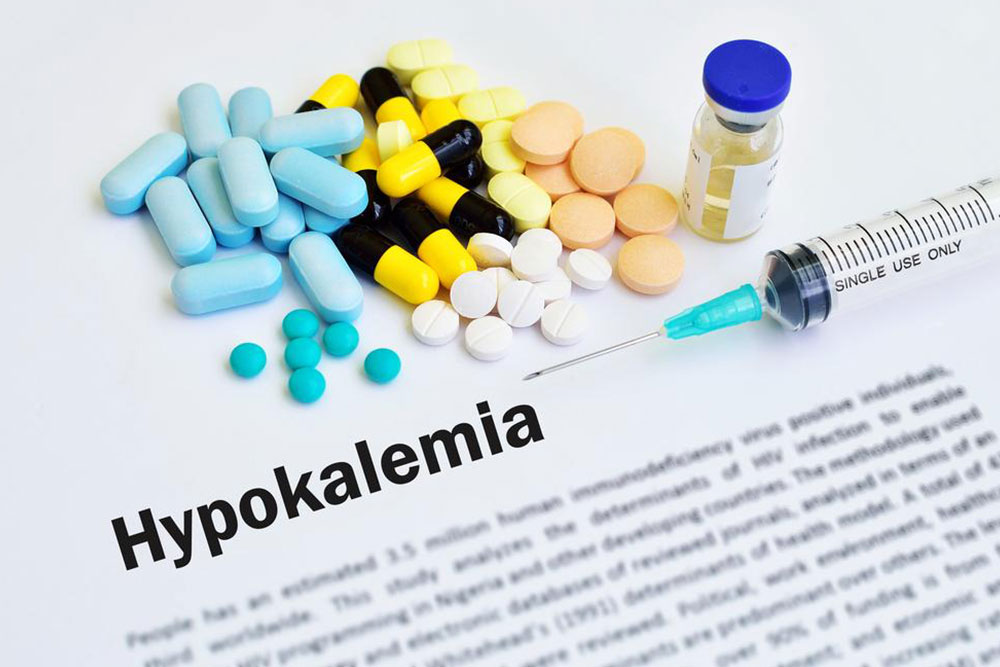Understanding Hyperkalemia: Causes and Prevention Strategies
This article explains the causes of hyperkalemia, a condition characterized by high potassium levels in the blood. It emphasizes the importance of kidney health, medication review, dietary adjustments, and lifestyle changes for prevention. Recognizing symptoms early and making proactive health choices can help avoid serious complications associated with hyperkalemia. The piece offers practical tips on healthy eating, hydration, and exercise to maintain balanced potassium levels and overall well-being.

Understanding Hyperkalemia: Causes and Prevention Strategies
Maintaining proper mineral balance is vital for overall health. Potassium, a key electrolyte, plays a crucial role in regulating blood pressure, supporting heart rhythm, and muscle function. However, kidney impairments can lead to elevated potassium levels, resulting in hyperkalemia. Normally, kidneys filter excess potassium, but when they malfunction, potassium accumulates in the bloodstream. High blood pressure medications, muscle breakdown from conditions like rhabdomyolysis, excessive alcohol, and drug use can also contribute to increased potassium levels. Preventive measures include monitoring medications, adopting a balanced diet, staying hydrated, and leading an active lifestyle. Identifying symptoms early and making lifestyle changes can help avoid complications associated with hyperkalemia.
Recognizing hyperkalemia symptoms such as fatigue, weakness, numbness, nausea, chest pain, and breathing difficulty is important. Consulting a healthcare professional if symptoms appear is recommended. Avoiding potassium-rich foods like bananas, potatoes, tomatoes, nuts, and certain fish can help control potassium levels. Incorporating healthy oils like olive and coconut oil, choosing lean meats, increasing water intake, and regular exercise support optimal mineral balance. Prevention is more effective than cure, so making lifestyle modifications early can significantly reduce risks associated with high potassium levels.










